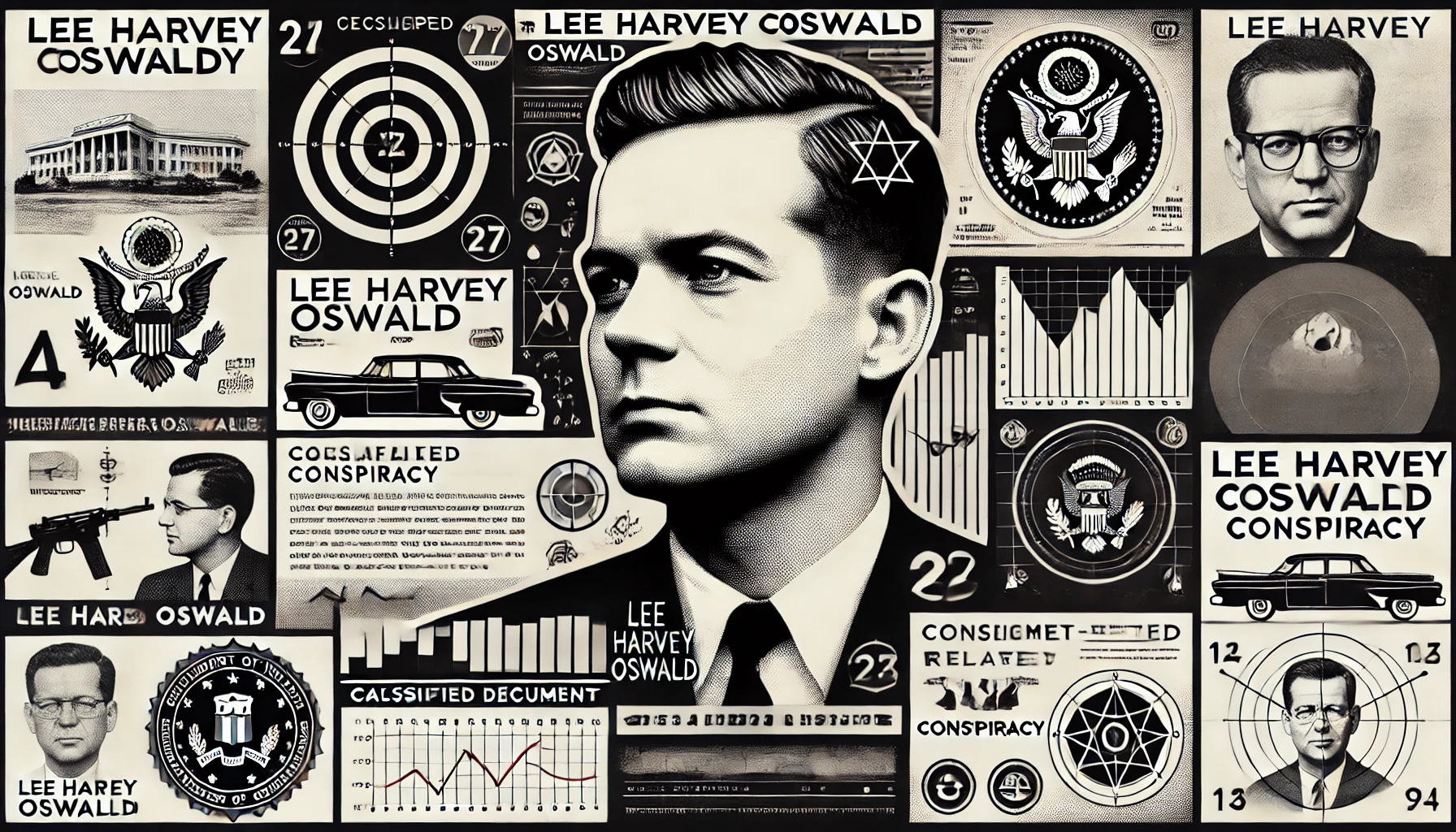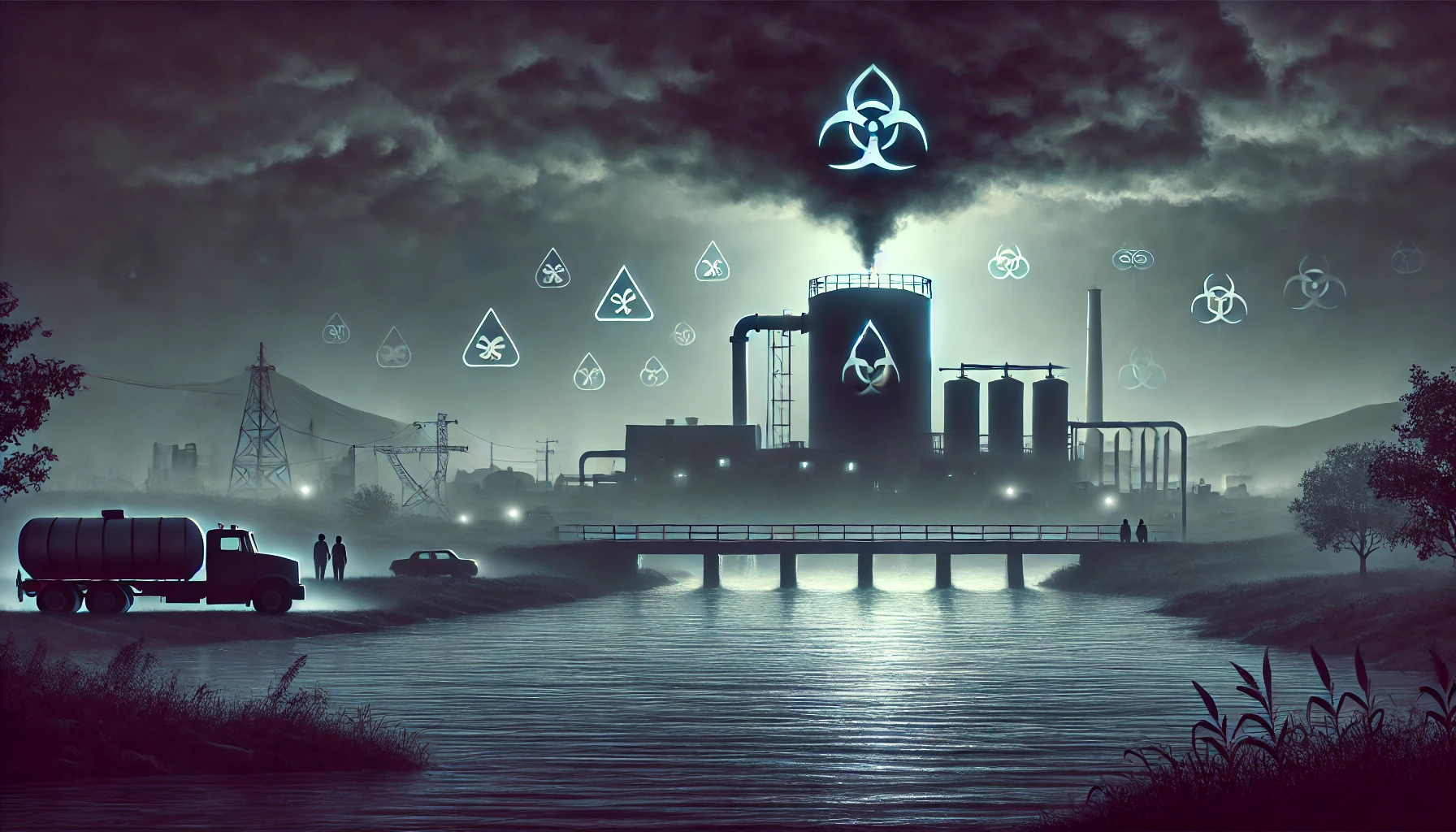
The Hidden Reality of Government Control: The True Meaning of Government
Government: Origins, Mind Control, and the Machinery of Manipulation
The concept of “government” carries more profound implications than many might realize. The word itself originates from Latin roots: “gubinare,” which means to steer or guide, and “mens,” meaning mind. When interpreted literally, it implies guiding one’s mind—essentially hinting at the concept of mind control. This idea is the foundation of our exploration into how government operates not just as a system of authority, but as an institution designed to influence the collective consciousness.
Government Equals Mind Control
When we break down the term “government,” it becomes even clearer: “govern” means to control, while “ment” is related to the mind. Therefore, in a very literal sense, government equates to mind control. The mechanisms of control are woven into society’s institutions, and it’s essential to understand how these elements operate to maintain influence over the masses.
Historical Mind Control Operations and Programming
The idea of mind control isn’t just abstract. It has historical roots, with well-documented operations that fit into this concept. Consider projects like MKUltra and Monarch—initiatives by intelligence agencies involving trauma-based programming to control individuals’ thoughts and behaviors. The infamous Manchurian candidate experiments were designed to explore how people could be manipulated to carry out tasks under hypnosis, demonstrating the lengths to which governments have gone in the pursuit of mind control.
Modern Brainwashing Techniques
Today, governments across the globe engage in modern forms of brainwashing. The mainstream media, public education systems, false flags, and even conflicts like the “war on drugs” and the “war on terror” all serve a purpose: to foster the illusion that government is an essential entity. Patriotic textbooks, glorified history, and newspapers filled with crime, violence, and fear work collectively to convince the public that their safety and freedom depend on governance.
The Illusion of Necessity: Questioning the State’s Role
There is a pervasive belief that the state is a “necessary evil,” but is it really necessary? As Benjamin R. Tucker argued, governments and militaries often justify their existence by claiming to protect people from enemies. Yet, if those enemies did not exist, these institutions would need to invent them to rationalize their authority. Laurence Labadee supported this notion, arguing that the state thrives on perpetuating fear and conflict to keep itself relevant.
The Political Arena: No True Alternatives
The political system, as it stands, provides no real alternatives to the status quo. Emma Goldman noted that one must be either naive or deceptive to believe that real change comes from the political arena. The mind controllers—those in power—have created an electoral college system, where partisan politicians vote themselves in while maintaining the illusion that the populace holds power.
The Impact of Voting: Supporting Coercion
When we vote, we are, in essence, supporting a system where some people are empowered to rule over others through coercive means. Butler Shaffer put it succinctly—voting signals our acceptance of this process. Alan Thornton added that advocating for any government action implies a belief that violence and coercion are the best solutions to the problems society faces.
The Machinery of Control: Legislation and Enforcement
Governments monopolize the use of force by creating laws that protect their own interests while condemning the actions of the general population. They build the courts, write the laws, hire the judges, and police their enforcement. They craft standardized punishments for standardized crimes, and all of this is funded by the people themselves, who pay for the “privilege” of being subject to the rules.
The Facade of Moral Authority
Those who run the machinery of government claim a moral authority, often represented by gavels and black robes in courtrooms. But this is merely a facade—a way to disguise the true nature of their control. As Leo Tolstoy once said, “Government is an association of men who do violence to the rest of us.” Emma Goldman echoed this sentiment by pointing out the absurdity of claiming that law and authority diminish crime. In reality, the state itself is the greatest criminal: stealing through taxation, killing through wars and executions, and utterly failing in its supposed mission to curb crime.
Conclusion: Understanding the Nature of Government
Government, at its core, is about control. The systems in place—from education and media to legislation and enforcement—all serve to ensure the population remains compliant and dependent. By understanding the literal and metaphorical implications of the word “government,” we can begin to question the validity of this institution’s influence over our lives. The time may come when we must envision a society free from unnecessary control—a society where the individual is truly empowered and free from the mental chains imposed by those who seek to guide our minds.





Leave a comment